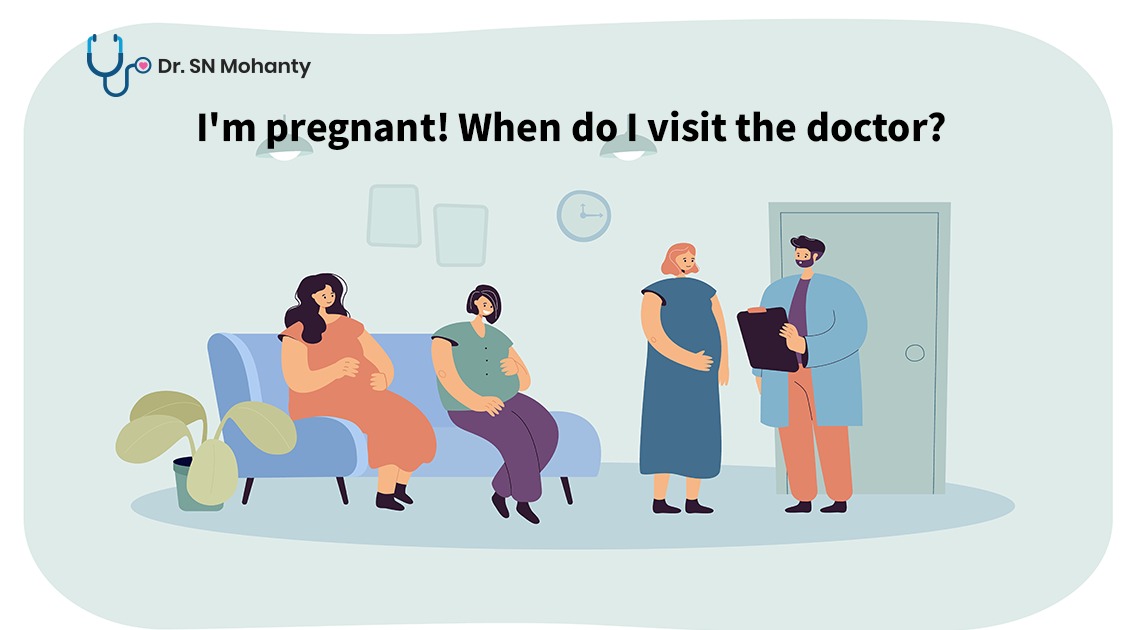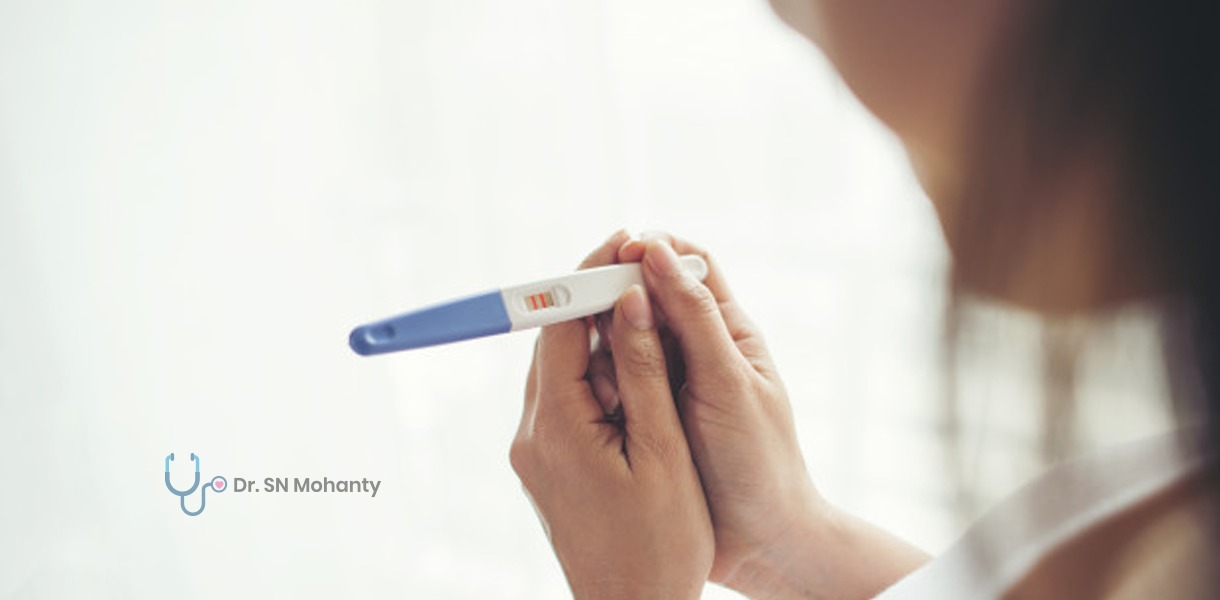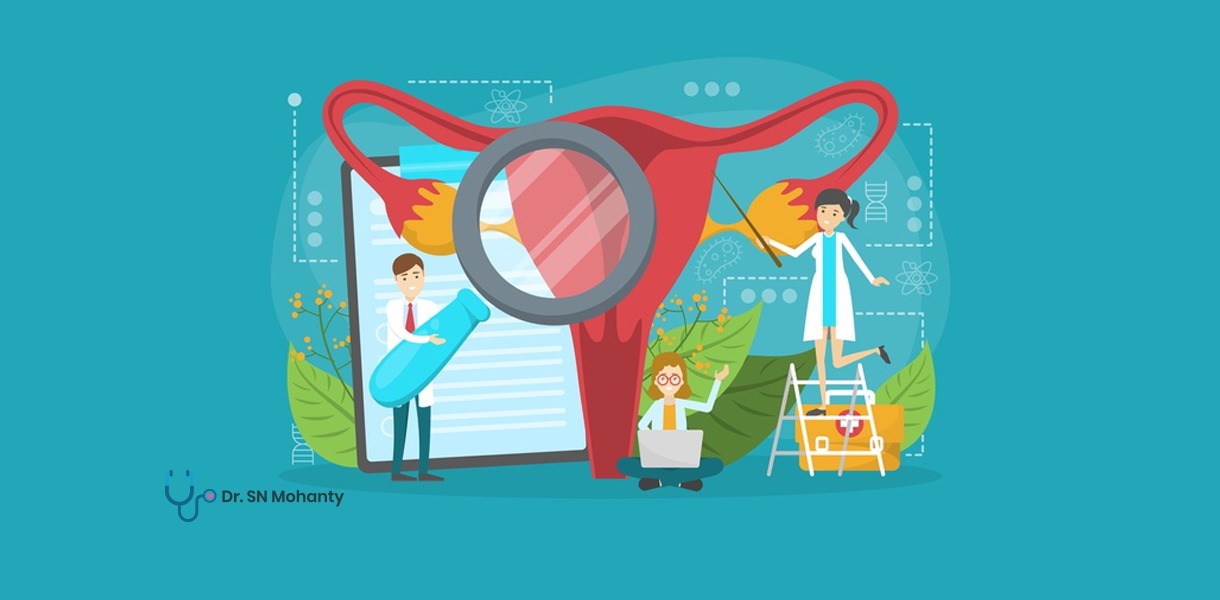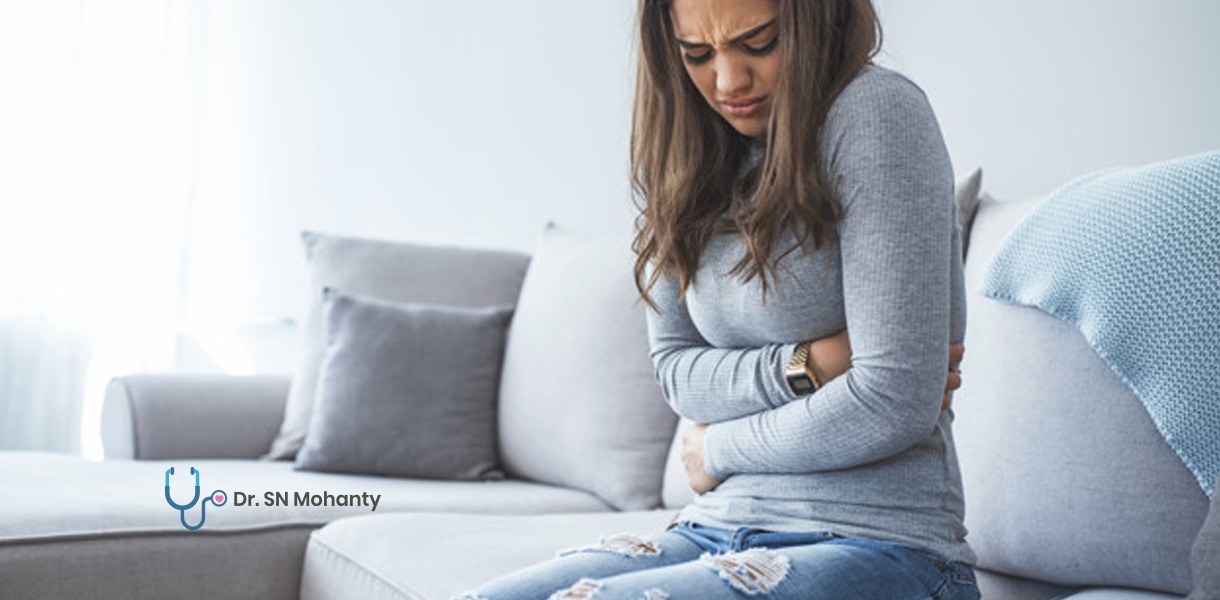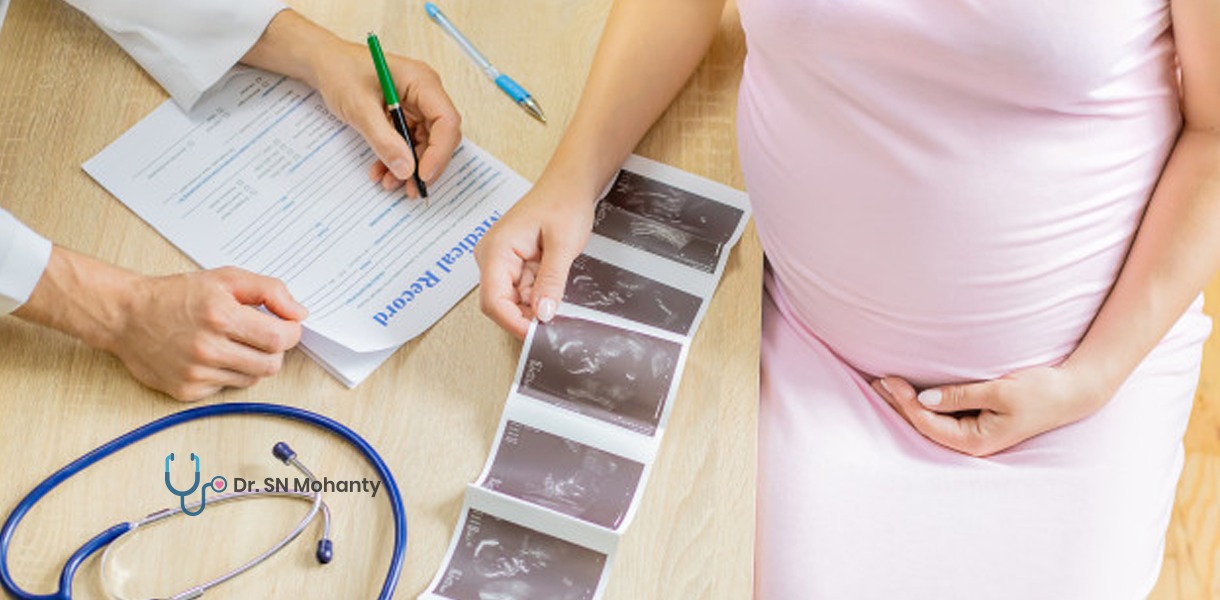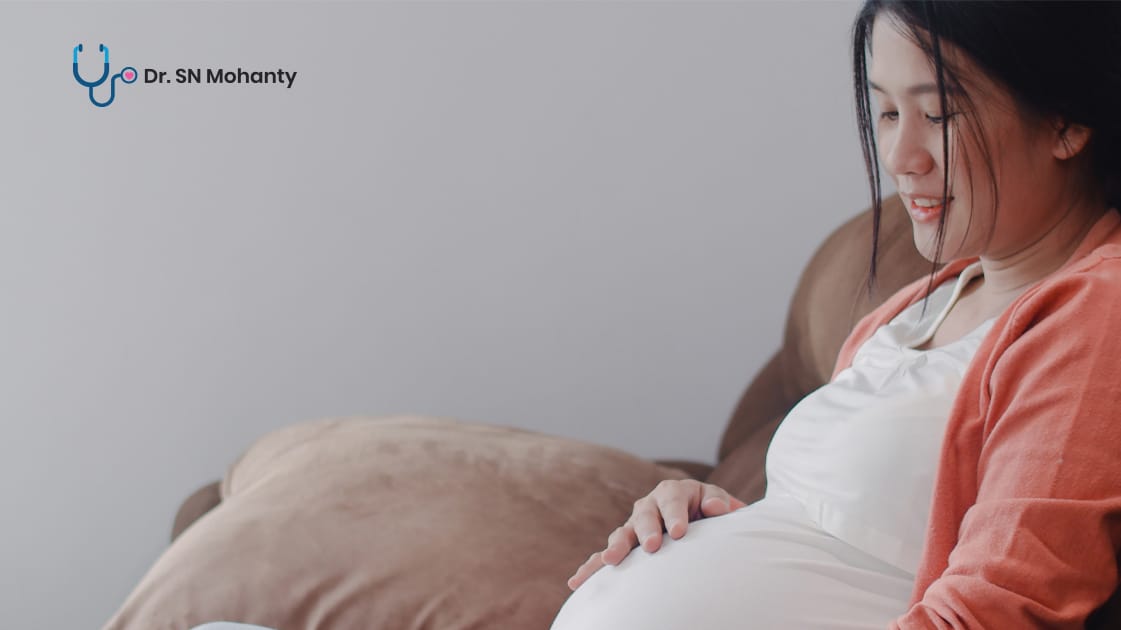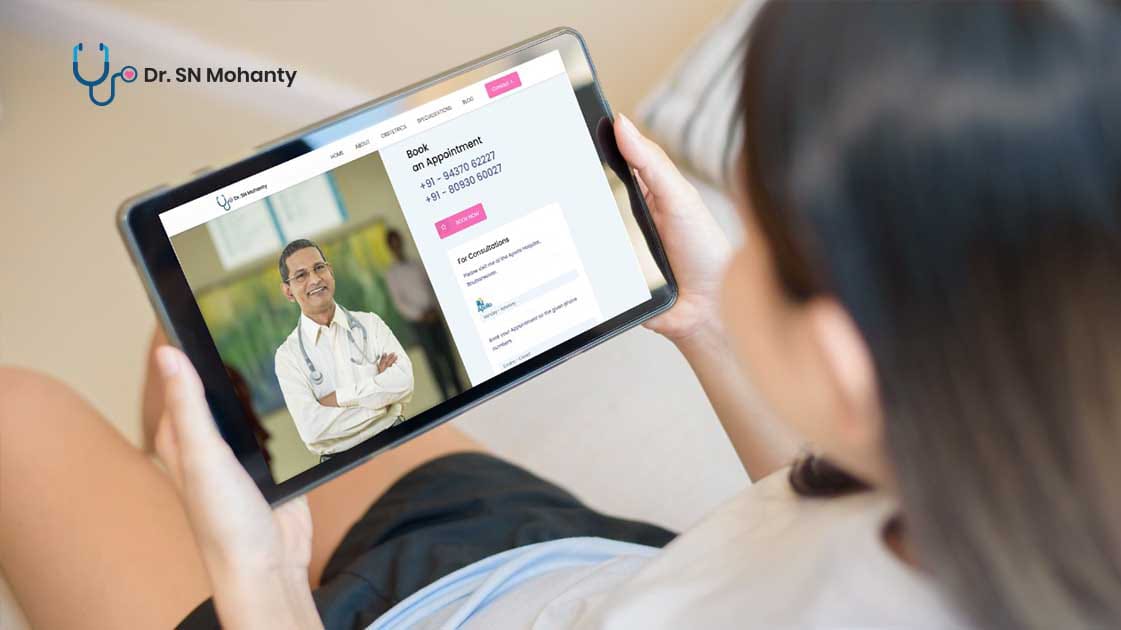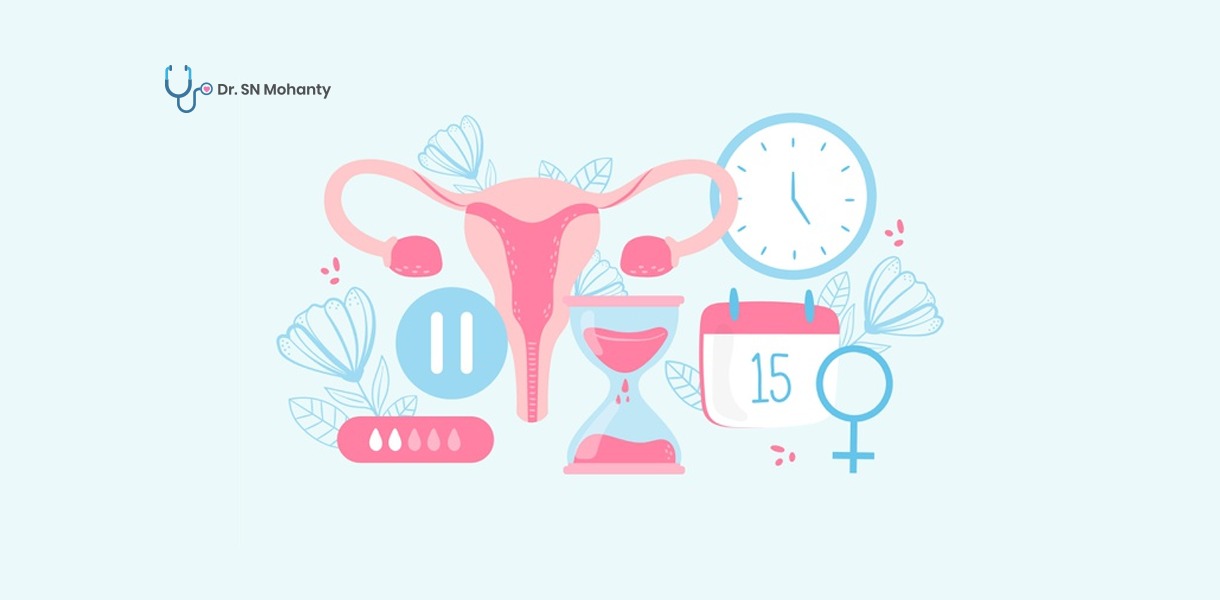
PCOD, or Polycystic Ovary Disease, is a hormonal issue that impacts one of each 10 women. It alludes to a condition when a woman develops little cysts in the ovaries. Other than the hormonal issue, this condition can trigger diabetes, infertility, acne, and extreme hair development over the face and body, and can likewise prompt baldness. So you must have a regular visit to your gynecologist as the symptoms cannot be easily identified.
It's a disorder with no accurate cure. Most PCOD patients are overweight and are urged to practice and keep up a consistent diet and engage themselves with some physical activity, and are prescribed with some medications which help with controlling the symptoms of PCOD.
Women diagnosed to have PCOD produces higher-than-normal proportions of male hormones. This hormone imbalance causes unpredictable menstrual periods and makes it harder for them to get pregnant.
In PCOD, some little, fluid-filled sacs create inside the ovaries. "Polycystic" means "many cysts".
These sacs are follicles, every one of them containing an immature egg. The eggs never grow enough to trigger ovulation.
The nonappearance of ovulation modifies levels of estrogen, progesterone, FSH, and LH. Estrogen and progesterone levels are lower than anticipated, while androgen levels are higher than anticipated.
Extra male hormones disturb the feminine cycle, so women with PCOD get fewer periods than anticipated.
Most common symptoms of PCOD
A couple of women or adolescents start seeing signs when they face irregular periods. Others simply discover they have PCOD after they've put on a ton of weight and face challenges in conception.
The most well-known PCOD indications are:
• Unpredictable periods: A nonappearance of ovulation prevents the uterine covering from shedding every month, hence periods become unpredictable.
• Heavy Bleeding: The uterine build-up for a more extended time, so the periods you do get can be heavier than that of the normal ones.
• Hair development: Women with this condition create hair all over their face and body.
• Acne: Male hormones can make the skin oilier than and women can confront the issue of acne.
• Weight increase: Some women with PCOS are overweight or obese and face difficulty in losing weight.
• Baldness: Hair on the scalp gets thinner and there is an increase in chances of hair fall.
• Skin Darkening: Some ladies may watch brown dark skin patches in the neck regions, under the breasts.
How PCOD impacts your body?
Having higher-than-normal androgen levels can impact your fertility and can increase the risk of developing some other medical problems. We will about all the problems in detail.
Infertility: To get pregnant, you have to ovulate. Women who don't ovulate normally don't deliver a similar number of eggs to be fertilized. PCOD is one of the principal reasons.
Metabolic disorder: Most of the women with PCOD are overweight or obese. Both obesity and PCOD increase your risk for diabetes, hypertension, low HDL cholesterol, and high LDL cholesterol. Together, these are known as a metabolic disorder, and they increase the dangers for a heart ailment, diabetes, stroke, and so on.
Endometrial disease: During ovulation, the uterine covering sheds. On the off chance that you don't ovulate every month, the lining starts to build up, get thickened uterine covering, therefore, it increments the danger of endometrial cancer growth or some other such dangerous diseases.
Treatment of PCOD
The treatment is yet to be settled for PCOD. The symptoms need to be controlled by rolling out some significant improvements in their way of life. Having a sound eating regimen and taking a balanced diet, keep up a decent weight, adopting a healthy lifestyle, being calm & stress-free, and consistently visiting your gynecologist can so that your symptoms can be controlled and you don’t face any severe complications.
A woman when diagnosed with PCOD can see some of the major effects on her body as talked about above. Henceforth, PCOD patients must exercise and keep up a sound eating routine. The eating routine should be low on sugars and starches. A high protein and high fiber diet are proposed for patients encountering PCOD.
Here are some ways in which a gynecologist treats a woman diagnosed with PCOD.
• Medications are available to control insulin levels and adjust hormones to make periods regular.
• Medicines are prescribed for acne, pigmentation, and hair growth.
• Fertility treatment and medicines are recommended to infertile patients who are planning to conceive.
• Oral medications and injections are additionally recommended to instigate ovulation.
• Treatments like laparoscopic medical procedures might be suggested for patients who are not able to conceive even with medications & a good diet.
• As a standard, PCOD is treated aggressively for patients who are willing to get pregnant. Adolescents are treated with hormones to regularize the periods and control insulin levels.
It is to be constantly remembered that no prescription or treatment can help a PCOD patient, and the only way to control the symptoms and prevent the disease to create more problems, you need to adopt a healthy lifestyle.
Always visit a gynecologist if you see some of these above symptoms mentioned and seek for the best gynecologist and get the right treatment & medication


